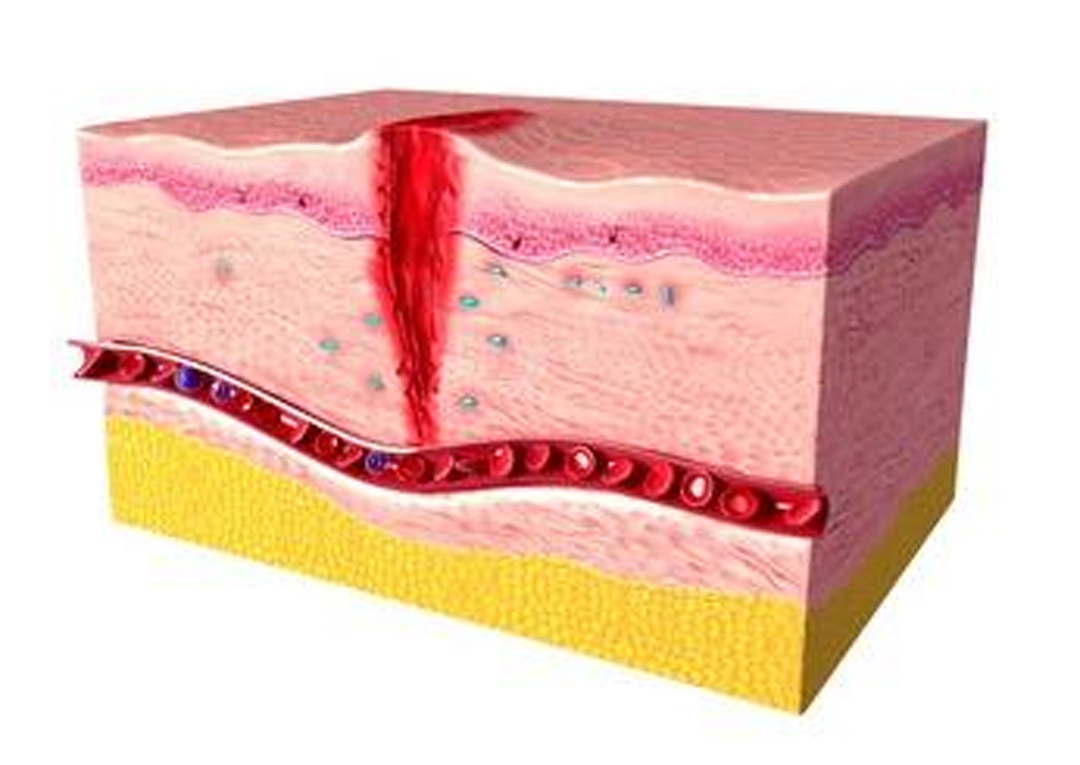
What is Fibroblast Growth Factor (FGF)?
Fibroblast Growth Factors (FGFs) are a family of proteins that regulate diverse cellular functions such as proliferation, differentiation, and migration. These proteins interact with specific receptors on the cell surface, initiating signaling cascades that influence various biological processes. The FGF family consists of multiple members, each with distinct roles in different tissues and organs throughout the body.
Roles of FGF in Health:
Tissue Repair and Wound Healing: FGFs play a crucial role in promoting tissue repair and wound healing processes. They stimulate the proliferation and migration of cells involved in tissue regeneration, such as fibroblasts and endothelial cells. Additionally, FGFs contribute to angiogenesis, the formation of new blood vessels essential for delivering oxygen and nutrients to healing tissues.
Development and Growth: During embryonic development, FGF2 are instrumental in orchestrating the formation and patterning of various tissues and organs. They regulate cell proliferation, differentiation, and morphogenesis, ensuring the proper growth and development of the embryo. Furthermore, FGFs continue to play roles in tissue maintenance and repair throughout adulthood.
Metabolism and Energy Balance: Certain members of the FGF family, such as FGF21, are involved in metabolic regulation and energy balance. FGF21, for example, regulates glucose and lipid metabolism, making it a potential target for the treatment of metabolic disorders like diabetes and obesity.
Neuroprotection: FGFs exhibit neuroprotective effects in the central nervous system, promoting neuronal survival and function. These proteins play roles in neurogenesis, synaptic plasticity, and the repair of damaged neural tissue. Research suggests that FGF-based therapies could hold promise for the treatment of neurodegenerative diseases such as Alzheimer’s and Parkinson’s.
Applications in Medicine:
Regenerative Medicine: Given their roles in tissue repair and regeneration, FGFs have garnered significant interest in the field of regenerative medicine. Researchers are exploring ways to harness the regenerative potential of FGFs for treating injuries, degenerative diseases, and conditions where tissue repair is impaired.
Cancer Therapy: FGFs and their receptors are often dysregulated in various types of cancer, contributing to tumor growth, angiogenesis, and metastasis. Targeting the FGF signaling pathway has emerged as a potential strategy for cancer therapy. Therapeutic agents aimed at disrupting FGF signaling are being developed and evaluated in preclinical and clinical studies.
Treatment of Ischemic Conditions: Ischemic conditions, characterized by inadequate blood flow to tissues, can lead to tissue damage and organ dysfunction. FGFs have shown promise in promoting angiogenesis and tissue regeneration in ischemic diseases such as myocardial infarction and peripheral artery disease. Clinical trials are underway to assess the efficacy of FGF-based therapies in improving outcomes for patients with these conditions.
Conclusion:
Fibroblast Growth Factors (FGFs) are versatile proteins with diverse roles in health and disease. From tissue repair and development to metabolic regulation and neuroprotection, FGFs exert profound effects on various physiological processes. Understanding the intricate mechanisms of FGF signaling opens up new avenues for therapeutic interventions in conditions ranging from wound healing and metabolic disorders to cancer and neurodegenerative diseases. Continued research into FGF biology promises to unveil novel therapeutic targets and approaches for improving human health and well-being.
Comments
comments